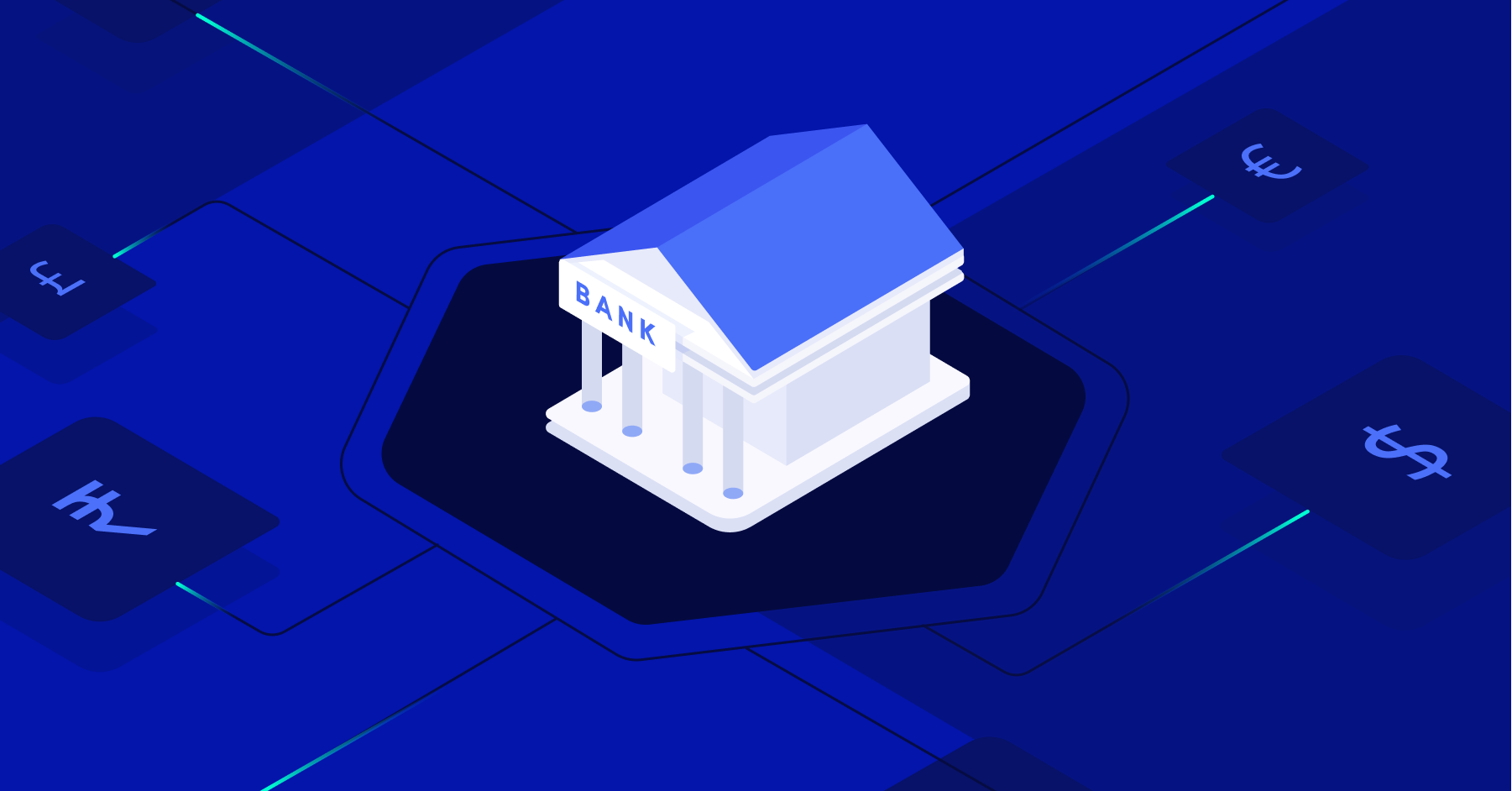
Banking as a Service (BaaS) is transforming how financial services are delivered. But what exactly is it? BaaS allows non-bank businesses to offer banking services by integrating with traditional banks through APIs. This means companies can provide services like loans, payments, and even checking accounts without becoming a bank themselves. Imagine your favorite online store offering you a credit card or a loan directly on their platform. BaaS makes this possible. It's a game-changer for both businesses and consumers, providing more convenience and innovation. Ready to learn more? Here are 19 intriguing facts about Banking as a Service that will blow your mind!
What is Banking as a Service (BaaS)?
Banking as a Service (BaaS) is a model where banks integrate their digital banking services directly into the products of other non-bank businesses. This allows companies to offer financial services without needing to become a bank themselves.
-
BaaS enables non-banks to offer financial services: Companies like fintech startups can provide banking services such as loans, payments, and deposits by partnering with traditional banks.
-
APIs are the backbone of BaaS: Application Programming Interfaces (APIs) allow seamless integration between banks and third-party businesses, making it easier to offer financial services.
-
BaaS can reduce costs for businesses: By leveraging existing banking infrastructure, companies can save on the costs associated with building and maintaining their own banking systems.
-
It enhances customer experience: Customers can access banking services directly through the platforms they already use, making their financial interactions more convenient.
How Does BaaS Work?
Understanding the mechanics of BaaS helps in grasping its significance. Here’s a look at how it operates.
-
Banks provide the infrastructure: Traditional banks offer their banking infrastructure to third-party companies through APIs.
-
Third-party companies integrate these services: Businesses integrate these banking services into their own platforms, offering them to their customers.
-
Regulatory compliance is managed by banks: Banks handle the regulatory aspects, ensuring that all financial services comply with legal requirements.
-
Revenue sharing models are common: Banks and third-party companies often share the revenue generated from the financial services offered.
Benefits of BaaS
BaaS offers numerous advantages for both banks and businesses. Here are some key benefits.
-
Increased reach for banks: Banks can extend their services to a broader audience by partnering with various businesses.
-
Enhanced innovation: BaaS fosters innovation by allowing non-banks to create unique financial products and services.
-
Improved customer loyalty: Businesses can enhance customer loyalty by offering integrated financial services that add value to their existing products.
-
Faster time to market: Companies can launch financial services more quickly by using existing banking infrastructure.
Challenges of BaaS
Despite its benefits, BaaS also comes with challenges that need to be addressed.
-
Security concerns: Integrating banking services with third-party platforms can raise security issues, requiring robust cybersecurity measures.
-
Regulatory hurdles: Navigating the complex regulatory landscape can be challenging for both banks and third-party companies.
-
Data privacy issues: Ensuring the privacy and protection of customer data is crucial when offering integrated financial services.
Examples of BaaS in Action
Several companies have successfully implemented BaaS, showcasing its potential.
-
Uber Money: Uber has integrated financial services into its platform, offering drivers access to banking services directly through the Uber app.
-
Apple Card: Apple partnered with Goldman Sachs to offer the Apple Card, a credit card integrated with Apple Pay and the Wallet app.
-
Chime: Chime, a fintech company, offers banking services through partnerships with traditional banks, providing customers with a seamless banking experience.
-
Square: Square offers banking services to small businesses, including loans and payment processing, by leveraging BaaS partnerships.
Banking as a Service is transforming the financial landscape by enabling non-banks to offer innovative financial services. As technology advances, BaaS will likely continue to evolve, offering even more opportunities for businesses and consumers alike.
The Future of Banking as a Service
Banking as a Service (BaaS) is changing how we handle money. By letting non-banks offer financial services, BaaS is making banking more accessible and innovative. Companies can now provide tailored financial products without being traditional banks. This means more choices and better services for customers.
BaaS also helps businesses save time and money. They don't need to build banking infrastructure from scratch. Instead, they can focus on creating unique customer experiences. This shift is driving competition and pushing the financial industry to evolve.
As technology advances, BaaS will keep growing. More companies will join the trend, offering even more diverse financial solutions. This will lead to a more inclusive and efficient banking system. So, keep an eye on BaaS—it's set to play a big role in the future of finance.
Was this page helpful?
Our commitment to delivering trustworthy and engaging content is at the heart of what we do. Each fact on our site is contributed by real users like you, bringing a wealth of diverse insights and information. To ensure the highest standards of accuracy and reliability, our dedicated editors meticulously review each submission. This process guarantees that the facts we share are not only fascinating but also credible. Trust in our commitment to quality and authenticity as you explore and learn with us.


